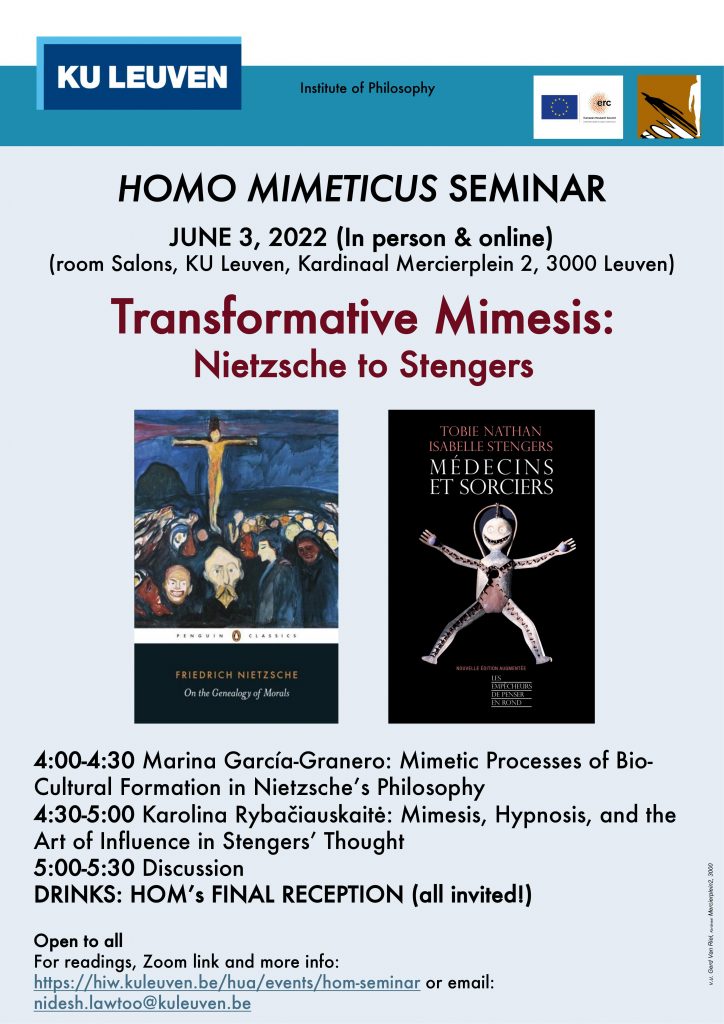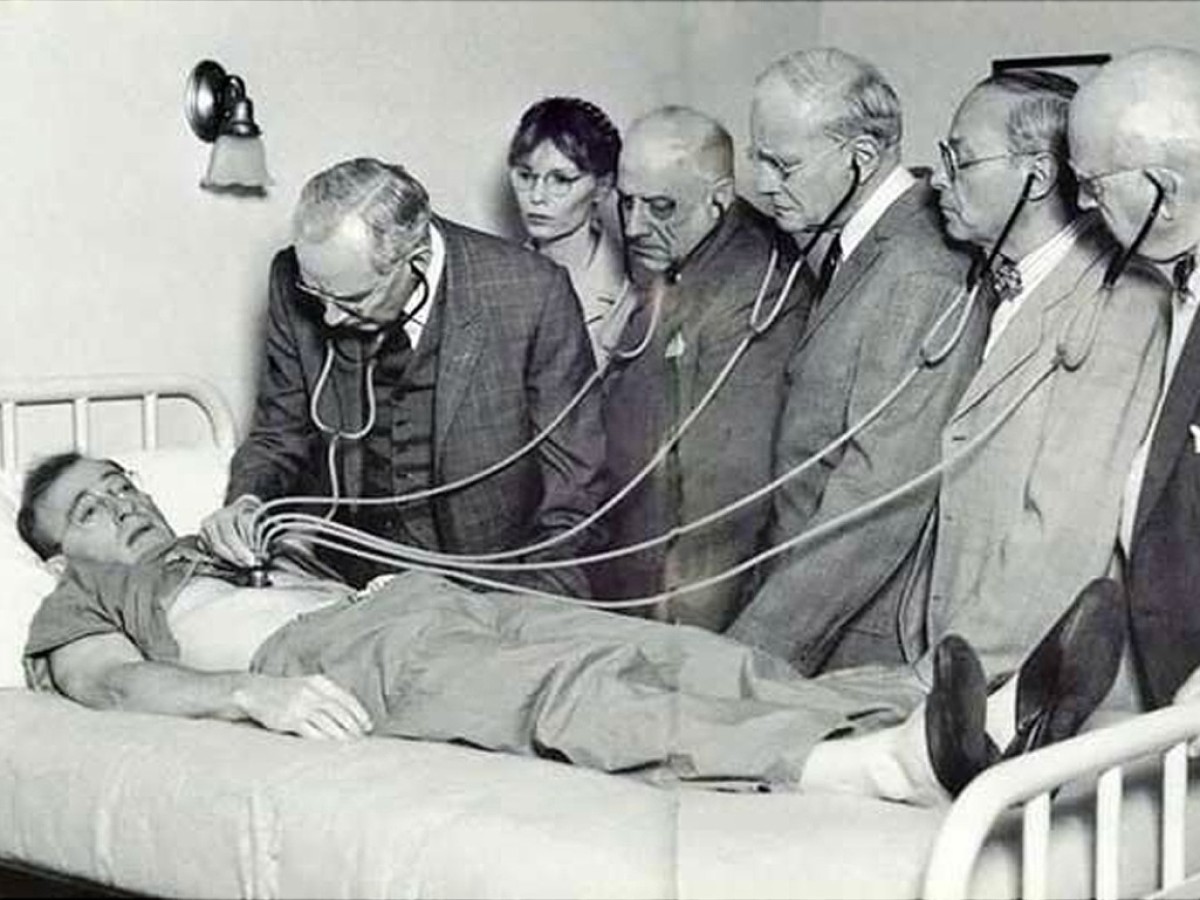In this second episode of HOM Videos on The Neuroscience of Mimesis, Vittorio Gallese discusses with Nidesh Lawtoo important precursors of the discovery of mirror neurons in aesthetics, phenomenology and the tradition of the mimetic unconscious: from Nietzsche to Lipps, Merleau-Ponty to Aby Warburg, Charles Féré to Pierre Janet, a number of fin-de-siecle philosophical physicians were sensitive to the mirroring relation between movement and sensation later confirmed by the discovery of mirror neurons.
Tag Archives: Friedrich Nietzsche
The Insurrection Moment: Insurrection, Conspiracy, Assault

In this HOM piece for a Theory & Event special issue on the Storming of the Capitol on January 6, Nidesh Lawtoo furthers mimetic studies by discussing the role of Dionysian intoxications, conspiracy theories, and dispossession in the company of Nietzsche, Deleuze and Black Mirror. Article available OA here
HOM Seminar: Transformative Mimesis: Nietzsche to Stengers (June 3)

Readings & more details HERE.
The Human Chameleon: Zelig, Nietzsche, and the Banality of Evil

In this OA article for Film-Philosophy Nidesh Lawtoo revisits the case of Woody Allen’s mockumentary Zelig (1983) via Nietzsche’s diagnostic of mimicry and Arendt’s analysis of the banality of eivl. It argues that the case of the “human chameleon” remains contemporary for both philosophical and political reasons for it reveals the centrality of mirroring reflexes in the rise of old and new fascisms.
Nietzsche on Mimetic Metamorphoses
For Nietzsche philosophy was an embodied activity that should lead to a metamorphosis of the spirit. In Part 1 of this talk, shot in Sils Maria, Switzerland, Nidesh Lawtoo situates Nietzsche’s “Three Metamorphoses of the Spirit” that open Thus Spoke Zarathustra against the Alpine summits and paths that inspired Nietzsche’s meditations in the first place. In the process, mimesis turns out to be central for Nietzsche’s reevaluation of morality, subjectivity, as well as to concepts such as the “overman” and the “eternal return of the same.”
